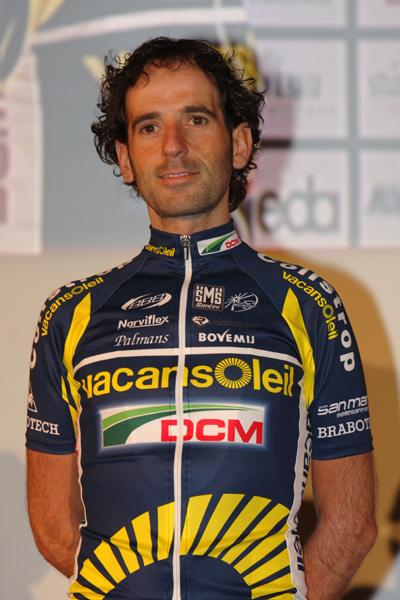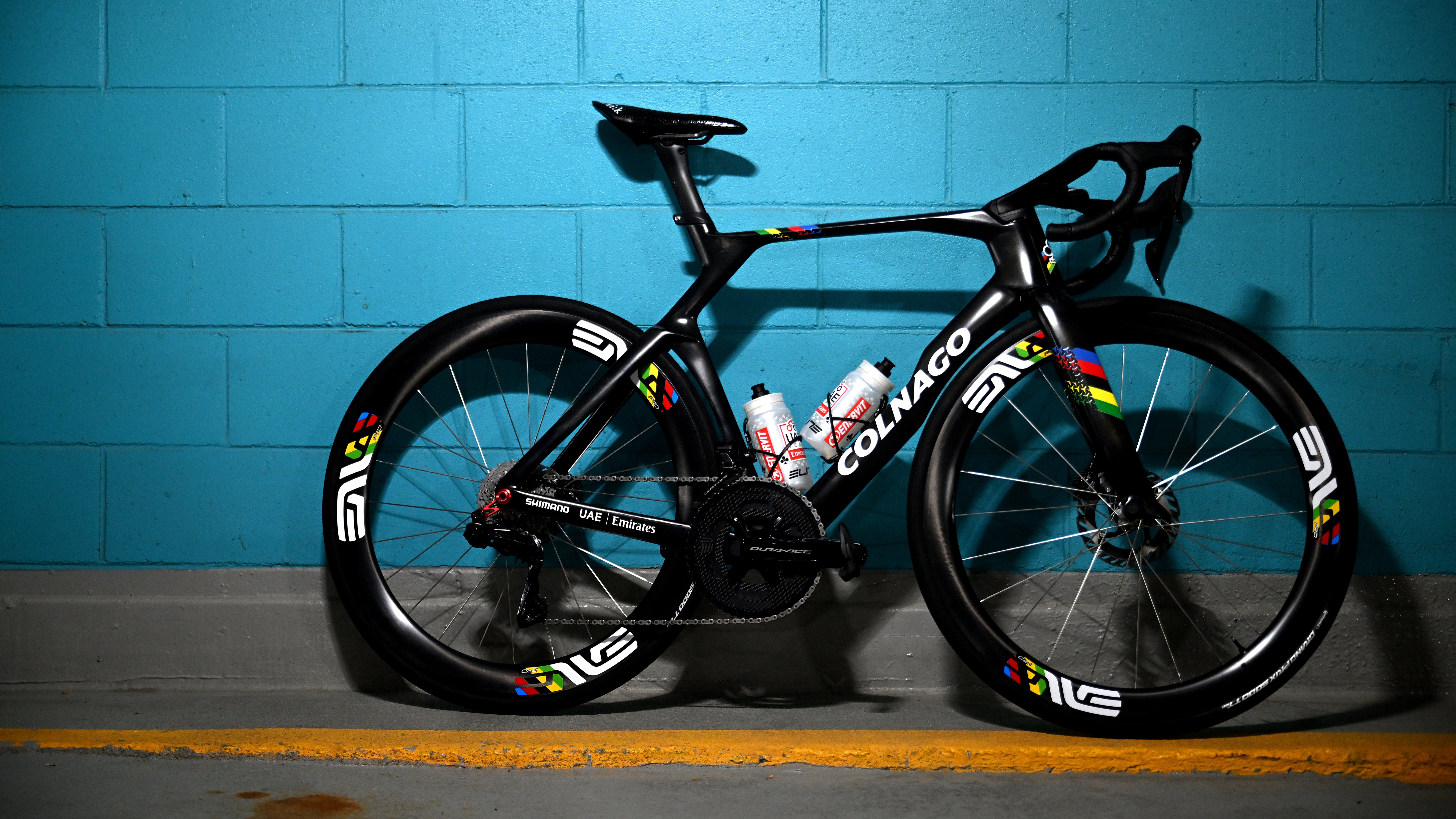Two-year ban recommended for Mosquera
Investigation dragging on from 2010 Vuelta a España

A two-year ban has been proposed for Ezequiel Mosquera for his 2010 Vuelta a España doping case. The prosecutor in the case has made her recommendation to the Spanish Cycling Federation, according to the Spanish media.
Mosquera tested positive for Hydroxyethyl starch at last year's Vuelta, which he finished as second overall. Hydroxyethyl starch is a blood plasma volume expander that can serve to dilute the blood without decreasing the amount of red blood cells present. It may be used as a masking agent for EPO, for which he did not test positive.
Hydroxyethyl starch is only illegal if used intravenously. According to farodevigo.es, the prosecutor asked the Spanish anti-doping agency if it could be proved that the substance was used intravenously, with the agency replying that this was impossible to determine, and that Hydroxyethyl starch did not in any event improve an athlete's performance.
The prosecutor has nevertheless decided to ask for a two-year ban.
The case has been marked by long delays. The International Cycling Union did not send the case to Spain until April of this year, and the federation only opened its investigation in July. After the 2010 Vuelta and before his positive test was revealed, Mosquera signed with Vacansoleil-DCM, but the team has held him out of racing all year, pending the results of the case.
After an equally drawn-out investigation, the Spanish federation recently suspended Oscar Sevilla for six months for Hydroxyethyl starch.
The latest race content, interviews, features, reviews and expert buying guides, direct to your inbox!

